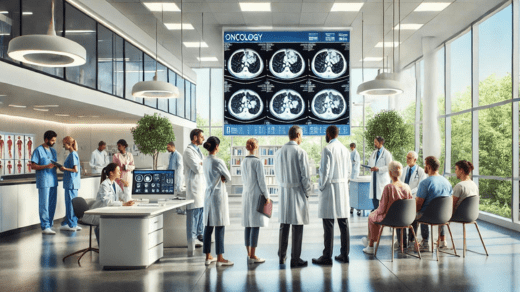Oncologists And Genetic Counseling: The Connection

Genetic counseling and oncology – they connect like two pieces of a jigsaw puzzle. As an oncologist, your focus is on treating cancer, targeting its cruel growth. You are the firefighter, battling the flames of phoenix genitourinary cancer. Yet, there’s more to the story. Genetic counseling plays a pivotal role. It’s like the smoke alarm, detecting the problem before it becomes a full-blown inferno. Together, they form an unshakeable alliance against cancer’s relentless onslaught.
But, why does this connection matter? It comes down to understanding risk. Genetic counselors can identify a person’s risk of developing cancer. This knowledge helps oncologists devise an effective battle plan.
What’s Genetic Counseling?
Genetic counseling is about understanding your DNA. It’s like reading a book that contains your body’s secrets. It can reveal if you are more likely to develop certain types of cancer. This doesn’t mean you will get cancer. But it helps to know your risk.
What Does an Oncologist Do?
Oncologists are cancer doctors. They are skilled in using treatments like chemotherapy, radiation, and surgery. They treat cancer and help manage symptoms. It’s equal parts science and compassion.
How They Work Together
A genetic counselor can predict your risk of cancer. An oncologist can use that information to help prevent or treat cancer. It’s a dynamic duo fighting against a common enemy.
Why It Matters
The partnership between oncologists and genetic counselors is a game-changer. It allows for prevention strategies. It opens the door to targeted treatments. It’s like having a custom-fit shield against cancer.
The Role of Genetic Counselors and Oncologists
- Genetic Counselors:
- Identify genetic risk
- Communicate genetic information
- Help make informed decisions about health
- Oncologists:
- Diagnose cancer
- Provide treatment options
- Manage symptoms and side effects
Understanding this connection offers hope. It empowers patients and families. And it may just tip the scales in the never-ending battle against cancer.




